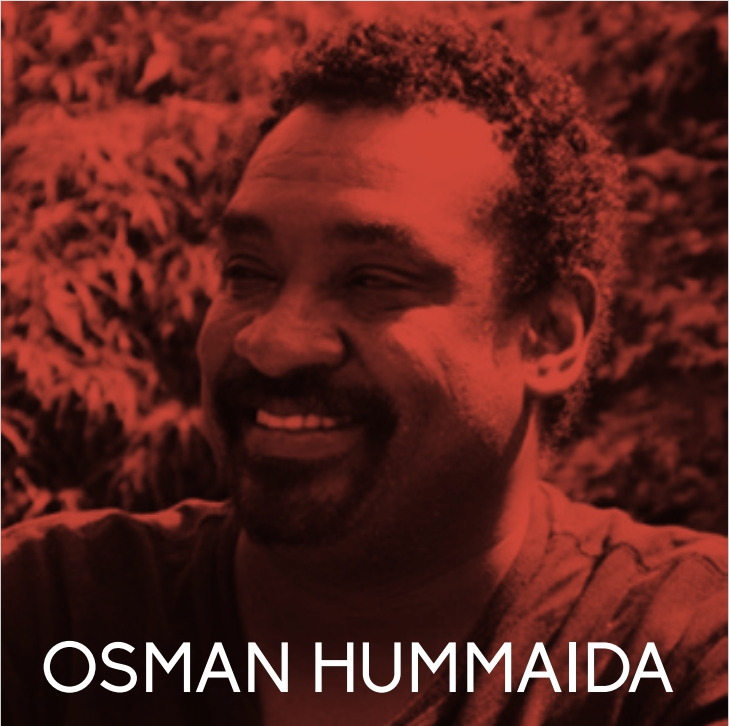Today, 10th March 2014, Mrs Margaret Sekaggya addressed the UN Human Rights Council for the final time in her capacity as Special Rapporteur on the situation of human rights defenders, before stepping down next month after six years in the position.
EHAHRDP’s Executive Director, Mr Hassan Shire, presented the following statement during the interactive dialogue at the HRC in Geneva.
Thank you Mr. President.
EHAHRDP wishes to express sincere gratitude to the Special Rapporteur for her work on the mandate since 2008. As she has noted, the “space for civil society and defenders [has been seen to] visibly shrink in certain regions of the world” during her tenure. This is certainly the case in the East and Horn of Africa where the work of defending human rights remains a “dangerous activity” and where renewed efforts are needed to allow human rights defenders to work in a safe and enabling environment.
The need for a conducive legal, institutional and administrative framework for HRDs’ work has been stressed, but throughout the region human rights defenders’ work is hampered by both formal and arbitrary restrictions on their work. Restrictions on foreign funding continue to have a heavy impact on the work of human rights organisations in Ethiopia. In Sudan the approval of the Minister of Humanitarian Affairs is required to receive grants from any foreign sources. Similar limitations on foreign funding to NGOs were also considered in Kenya last year before being withdrawn. We call on governments to reverse this worrying regional and global trend, and repeal all unnecessary restrictions on NGO funding.
Legislation is also being used to criminalise the work of human rights defenders. The vaguely worded prohibition of ‘promotion’ of homosexuality in the Ugandan Anti-Homosexuality Act is likely to have a chilling effect on freedom of expression, assembly and association. HRDs working on other politically sensitive issues have been accused of sabotage and subversion, and have been stigmatized for their work.
In crisis situations the work of human rights defenders becomes even more important, as seen most recently in South Sudan. However many have been forced to flee the country or close their offices for their own safety. Prior to the current crisis, HRDs were already facing enormous challenges in South Sudan, including a high level of impunity that allows attacks on HRDs to continue. The Special Rapporteur has reiterated the primary responsibility of States to protect the rights of HRDs. States must take urgent actions at the domestic and international levels to tackle impunity. This includes acting without delay to enable the appointment of a high-level UN focal point on reprisals.
I thank you.

